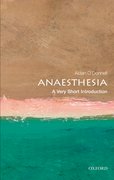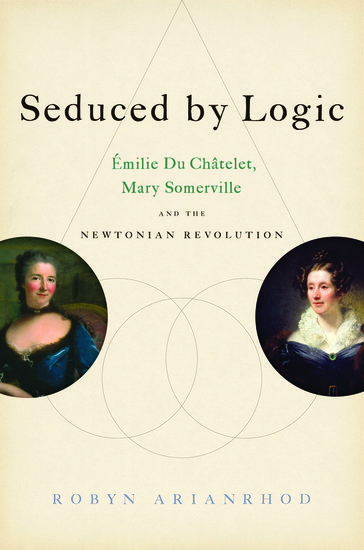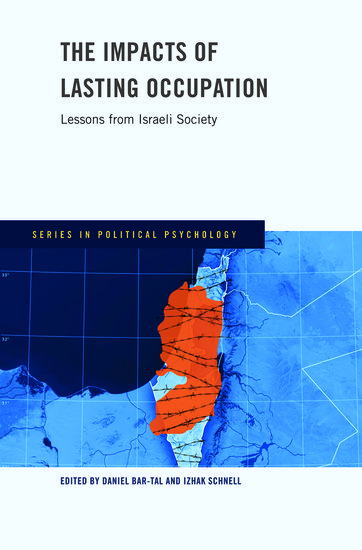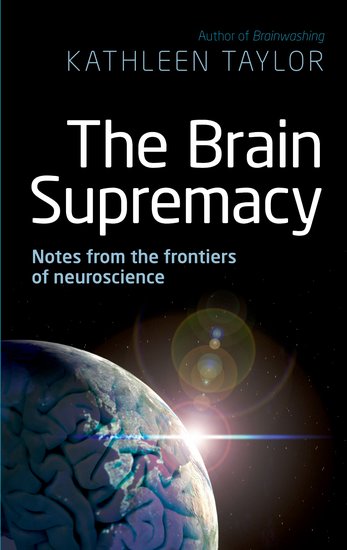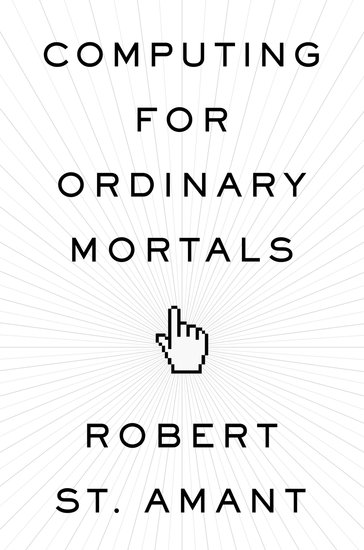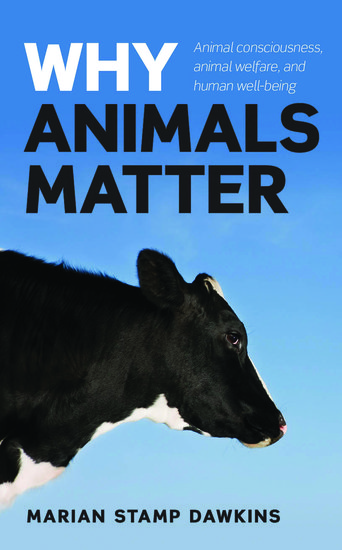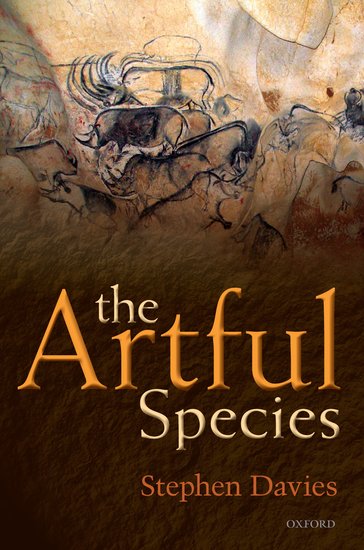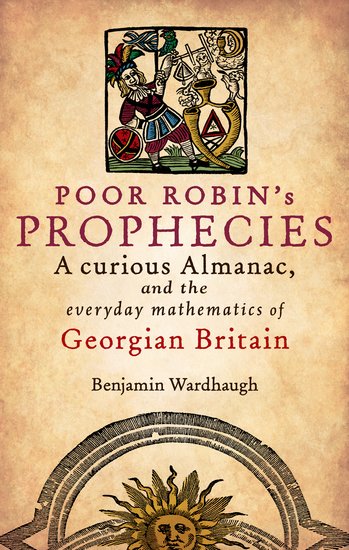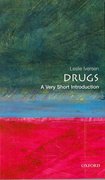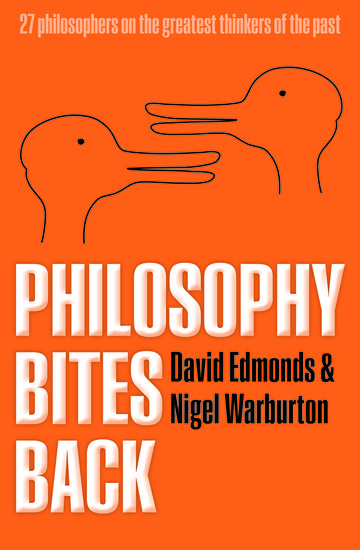What makes this World AIDS Day different from all others?
By Kenneth Mayer
Last year, on World AIDS Day, U.S. President Barack Obama set ambitious goals to reach more people with treatment and fundamental prevention. Echoing U.S. Secretary of State Hillary Clinton’s call for an “AIDS-free generation,” he envisioned a tipping point in a 30-year battle to subdue the world’s costliest epidemic. This World AIDS Day, the administration’s release of a global AIDS roadmap takes the vision into practice.


